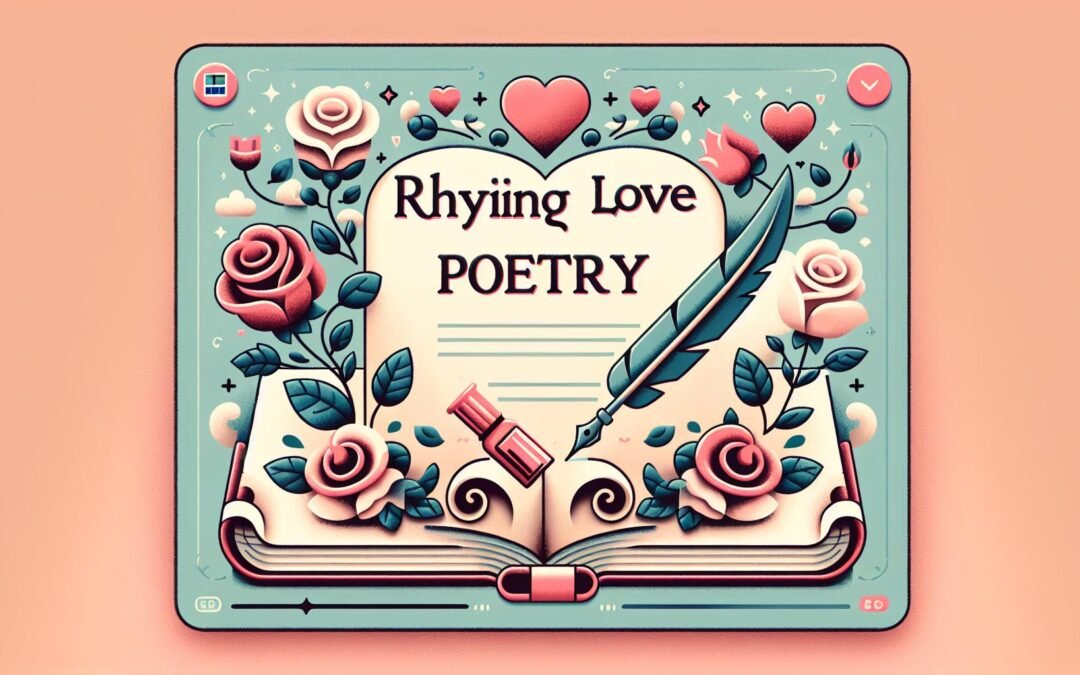From ancient sung lyric to modern text message, love poems have been the chosen vessel for poetry’s most urgent, generous subject. Their relevance persists, especially for those seeking love poems to say to your girlfriend; whether whispered in private or shared in public, the right poem can shape decades of intimacy. The form may shift, but the impulse is ageless: to capture feeling, to honor the beloved, to answer the heart’s need for language. Choosing love poems to say to your girlfriend is, at its best, not an act of spectacle but a conversation that deepens connection and brings the ineffable into reach.
Love Poems Across Cultures and Time
To understand the enduring magnetism of love poems to say to your girlfriend, it helps to glimpse how poets in different societies have woven new meaning from romantic longing. Long before modern English, Sappho of Lesbos wrote in fragments that remain urgent and intimate: “Someone, I tell you, will remember us.” In Tang dynasty China, Li Bai celebrated separation and joy in verses still referenced today. The ghazals of Hafiz and Rumi transformed the pursuit of love into spiritual longing, their metaphors both carnal and transcendent. Such poems were not mere ornamentation, but foundational, often recited at weddings, inscribed in letters, or committed to collective memory.
Historical Significance
Contexts for love poetry have always been dynamic. The medieval troubadours wrote lyrics designed as both social code and secret signal, while the Japanese tanka reduced longing to its most distilled and poignant form: twenty-one syllables made urgent by separation. Through centuries, these practices shaped how love poems to say to your girlfriend (or any lover) are not just personal but also societal events. By tracing your own poetic offering to these origins, your gesture acknowledges a lineage of centuries-old yearning and sincerity.
Classic Love Poems: Models and Inspiration
Many turn to canonical works when searching for love poems to say to your girlfriend. The English sonnet, for instance, is famed for its capacity to weigh beauty, time, and devotion within strict form. Shakespeare’s Sonnet 18 compares the beloved to a summer’s day, not for flattery but for the sense that memory, art, and affection will outlast decay. Romantic poets sought new personal truths: John Keats’s “Bright Star” merges the celestial with the carnal, and Elizabeth Barrett Browning’s “How Do I Love Thee?” breaks love into numbered acts of attention and sacrifice, as seen in the phrase “I love thee freely, as men strive for right.”
Why Certain Poems Endure
Why do these particular poets remain touchstones? Their works exemplify clarity, brevity, and emotional force. Notice how each phrase carries both vulnerability and control: love poems to say to your girlfriend should strive for the same balance, conveying sentiment without excess, and detail without cliché. Browning’s careful tallying of ways to love creates intimacy from structure, an excellent model for your own attempts.
Modern Approaches and Personalization
The language and context of romance evolve alongside new generations of poets. Today, writers like Rupi Kaur and Lang Leav champion pared-down, approachable forms, focusing on shared experiences and small moments. Their poems unfold as quick exchanges: images of morning sunlight, a folded paper crane, the hush of late-night conversation. These works give urgency to everyday romance, making them highly relevant for anyone searching for love poems to say to your girlfriend in a contemporary setting.
Making Poetry Feel Authentic
Personalizing your choice makes the gesture far more meaningful. Rather than relying on grand declarations, consider weaving in details unique to your story: the names of streets you wander together, foods shared on quiet evenings, or phrases only you two use. When adapting classic models or composing your own, specificity signals that your affection is both private and real. The best modern love poems thrive not on spectacle but on immediacy: honest, present-tense accounts of longing, gratitude, or delight.
Choosing the Right Love Poem for Your Girlfriend
Preparation sets the stage for resonance. Begin your selection by thinking about her literary inclinations. Does she gravitate toward whimsical magic, as in the poems of Mary Oliver, or crisp minimalism akin to Ada Limón? Glance at her bookshelf or her favorite playlists for clues. What images repeatedly appear in her tastes: mountains, rivers, travel, nostalgia? This attention ensures you will find love poems to say to your girlfriend that echo her own style and experiences, creating a point of genuine reflection rather than just a flattering gesture.
Occasion and Setting
The context in which a poem is given matters as much as the content. If you are commemorating an anniversary, look for works that speak to durability and shared history. For new beginnings or spontaneous celebrations, seek poems that capture excitement and discovery. Delivery amplifies meaning; a favorite poem recited softly on a rainy walk or written in a note slipped between pages of her favorite novel will resonate more than any public performance. Attention to timing and mood marks the difference between formula and unforgettable.
Further Exploration and Finding Poems
If crafting your own verse feels daunting, countless resources exist for discovering new poetry. Reputable platforms like The Poetry Foundation offer searchable anthologies sorted by theme, period, and author. You may also find inspiration by exploring collections on Poets.org, which regularly features both timeless classics and contemporary voices. Whatever your approach, the right love poems to say to your girlfriend will speak because they’ve been chosen or crafted with awareness, care, and honesty: a small but enduring testament to affection.

